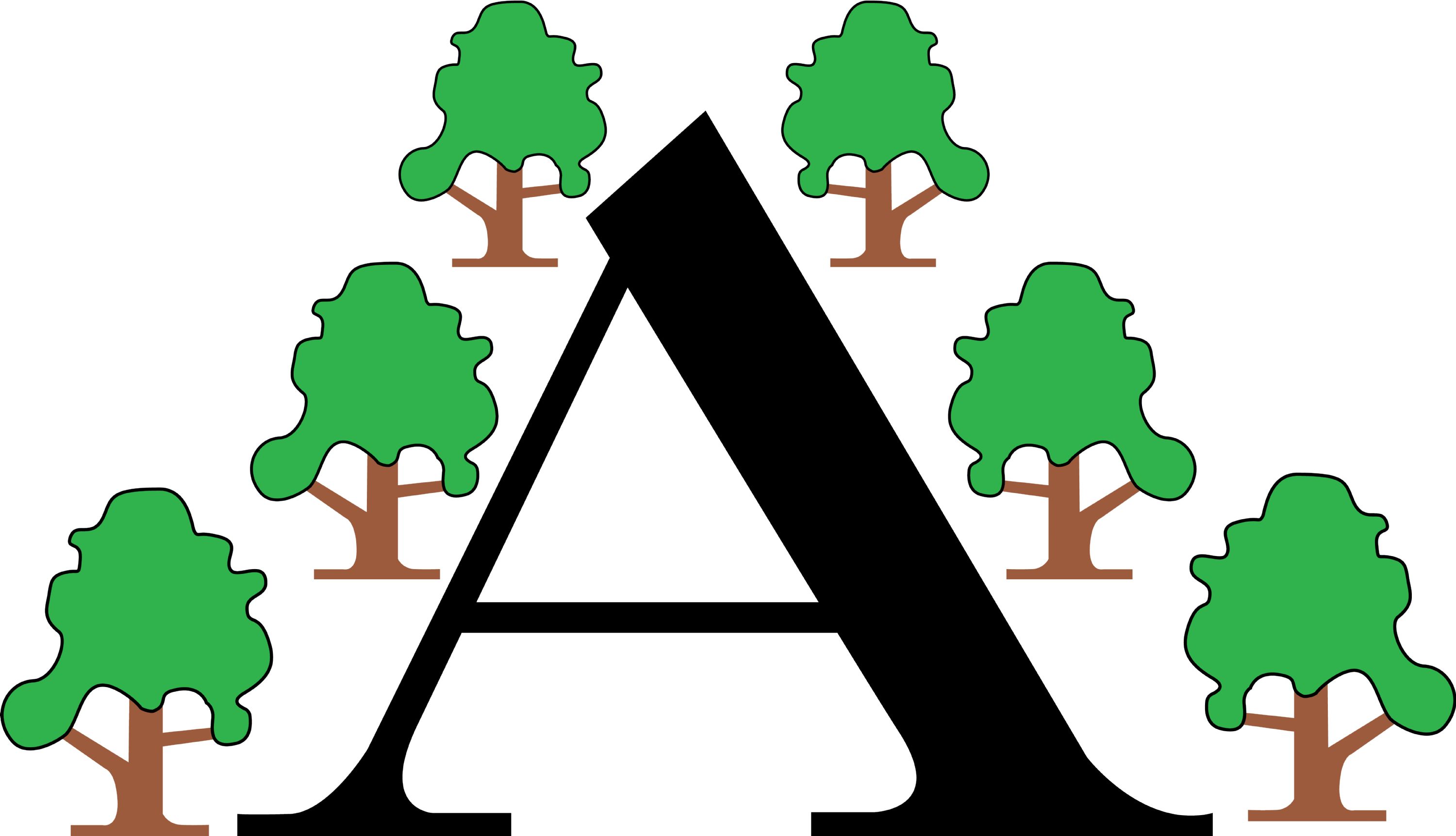Single Equality Duty
The Equality Act 2010 introduced a single Public Sector Equality Duty that applies to public bodies, including maintained schools and Academies, and extends to certain protected characteristics: race, disability, sex, age, religion or belief, sexual orientation, pregnancy and maternity and gender reassignment. This combined equality duty came into effect in April 2011. It has three main elements. In carrying out their functions, public bodies are required to have due regard to the need to:
- Eliminate discrimination and other conduct that is prohibited by the Act,
- Advance equality of opportunity between people who share a protected characteristic and people who do not share it,
- Foster good relations across all characteristics - between people who share a protected characteristic and people who do not share it.
Recent School Equality Objectives
- Ensuring all learners have the support and scaffolding resources / strategies to access the learning and be successful.
- Engaging all pupils in conversations about their learning, what helps them and how they have been successful to support pupils’ self-esteem, confidence and aspirations.
- All classes have designated time for sharing quality texts, celebrating new publications from a diverse range of authors.
- Oracy focus in curriculum- one guiding principle is ‘valuing every voice’ and building confidence in all pupils to express their ideas and experiences, encouraging healthy debate and presentational skills.
- Mental health and well-being focus will continue to develop pupils’ aspirations (one of our Curriculum drivers) so pupils will hear about inspiring people from the past, from all backgrounds, who can inspire our goals and dreams and also to understand the opportunities that the learning in question can open up in their future
Equality Objectives:
- For pupils from disadvantaged backgrounds to have an equal chance of making good progress from their starting points from quality first teaching, effective adaptions and interventions.
- For pupils to see themselves represented in the curriculum and develop high aspirations for their future.
- For pupils with SEND and additional needs to receive engaging and appropriate adaptions and provision for their needs in order to progress well.
